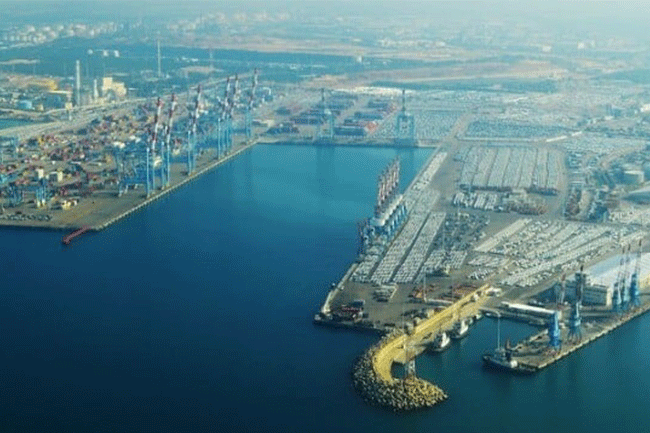
Tire Exports: The "Footprint" of Made-in-China Spans the Globe
As the worlds largest tire producer and exporter, China-made tires are steadily entering the global market. Statistics show that Chinas tire export volume has ranked among the worlds top for many consecutive years, with products exported to over 200 countries and regions including Europe, America, Southeast Asia, and the Middle East. However, to establish a foothold in the international market, its essential to first understand the basic classification and specification markings of tires.
Tire Classification: A Comprehensive Breakdown from Structure to Application
Though small in size, tires involve considerable expertise. According to different classification standards, tires can be divided into multiple types:
- By structure:Radial tires (standard for passenger cars) and bias tires
- By tread pattern:Rib pattern, lug pattern, mixed pattern, and off-road pattern
- By application:8 categories, ranging from passenger car tires (PC) to aircraft tires (AC)
- By climate:Winter snow tires, summer tires, and all-season tires
Decoding the Tire "ID Card": A Detailed Guide to Specifications and Parameters
Each tire has a unique "ID number," such as the common 195/55 R15 85V:
- 195 represents the tire width of 195 millimeters
- 55 indicates the aspect ratio of 55%
- R stands for radial construction
- 15 is the rim diameter of 15 inches
- 85 is the load index (maximum load capacity of 515 kg)
- V indicates the speed rating of 240 km/h
These parameters not only relate to product performance but also serve as important references for export declarations.
Export declaration: 8 essential elements must not be missing
TiresExport customs clearanceThe following 8 elements must be accurately filled in:
- Nominated
- use
- The model
- Rim size
- Section width
- Tread pattern
- Brand (Chinese and English)
- Speed rating
Customs HS codes are mainly classified under heading 4011, with further subdivision to 6-digit or even 8-digit codes based on specific usage. For example:
- 4011.1000 For motor cars
- 4011.2000 For passenger and cargo vehicles
- 4011.4000 For motorcycles
International Certification: The "Passport" to Overseas Markets
Different countries have strict certification requirements for tire imports. Major international certifications include:
- DOT certificationDOT certification: Mandatory for US market access, divided into three levels (A, B, C)
- E-Mark certification: EU pass, with different country codes
- INMETRO certificationINMETRO certification: Mandatory certification for Brazilian market
- GCC certificationGCC certification: Unified certification covering seven Gulf countries
- NOM certificationNOM certification: Safety mark for Mexican market
- SASO certification: Market access requirement for Saudi Arabia
Its worth noting that China implements CCC mandatory certification for motor vehicle tires. Exporters need to complete relevant procedures in advance.
Customs clearance practices: Experience sharing
Based on 20 years of foreign trade experience, special attention should be paid to tire export customs clearance:
- Declaration elements must completely match the actual goods and documents
- Different countries have special requirements for tire patterns, speed ratings, etc.
- Certification documents need to be prepared in advance to avoid customs clearance failure upon arrival
- Some countries require certificates of origin and test reports
- During sea transportation, pay attention to moisture-proof and high-temperature prevention to avoid rubber aging
It is recommended to thoroughly understand target market regulations before export, and consult professional customs brokers or certification agencies when necessary.
Conclusion: Pay attention to details and go global
Tire exports may seem simple, but actually involve numerous technical details and regulatory requirements. From product classification to specification labeling, from declaration elements to international certifications, every step affects smooth customs clearance. As foreign trade professionals, we need to understand both product characteristics and various countries regulations to ensure China-made tires can steadily roll into global markets.
Remember: In international trade,Details determine success,Professionalism creates value. Master these key points for tire export customs clearance, and your products are sure to shine in the international market!


 Follow Customer Service WeChat
Follow Customer Service WeChat